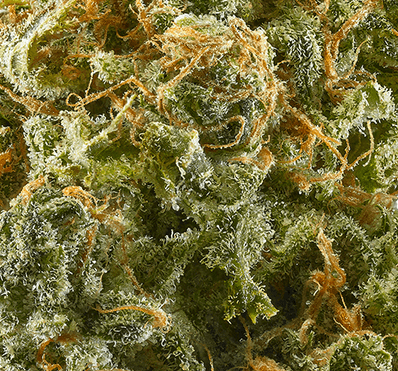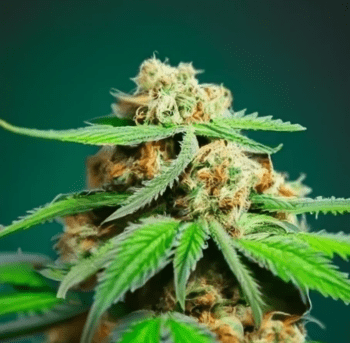Can Feminized Plants Produce Seeds?
As the cannabis industry continues to evolve, so does the science behind it. One question that often arises among growers and enthusiasts alike is, “Can feminized plants produce seeds?” The answer is a resounding yes, but the process is not as straightforward as it might seem. Let’s delve into the fascinating world of feminized cannabis plants and their seed production.
Understanding Feminized Cannabis Plants
Feminized cannabis plants are essentially female plants that have been manipulated to produce pollen, which is typically a male plant characteristic. This pollen is then used to pollinate other female plants, resulting in seeds that are almost entirely female or ‘feminized’. The primary reason for this practice is to ensure a crop that is entirely female, as these are the plants that produce the coveted buds rich in cannabinoids.
The Process of Feminization
The process of feminizing cannabis plants involves inducing a female plant to produce pollen through a process known as ‘rodelization’ or by using a colloidal silver solution. This pollen is then used to fertilize another female plant. The resulting seeds will be feminized, as they have been produced without any male chromosomes.
- Rodelization: This is a natural method that involves stressing a female plant into producing male flowers. The pollen from these flowers can then be used to fertilize other female plants.
- Colloidal Silver: This method involves spraying a female plant with a colloidal silver solution, which inhibits the production of ethylene, a hormone necessary for flowering. The plant then produces male flowers, which can be used to pollinate other females.
Can Feminized Plants Produce Seeds?
Yes, feminized plants can indeed produce seeds. However, these seeds will be feminized, meaning they will grow into female plants. This is a significant advantage for growers who want to ensure a crop of cannabinoid-rich buds. However, it’s important to note that these seeds may have a higher tendency towards hermaphroditism, especially if grown under stress conditions.
Benefits of Feminized Seeds
Feminized seeds offer several benefits to growers:
- Guaranteed Female Plants: As feminized seeds are almost entirely female, growers can be assured of a crop of bud-producing plants.
- Maximized Yield: With all plants being female and producing buds, the overall yield is significantly increased.
- Space Efficiency: Growers don’t have to worry about identifying and removing male plants, making the cultivation process more space-efficient.
Conclusion
In conclusion, feminized cannabis plants can indeed produce seeds, but these seeds will also be feminized. This process allows growers to ensure a crop of female plants, maximizing their yield and efficiency. However, it’s crucial to manage growing conditions carefully, as feminized seeds may have a higher tendency towards hermaphroditism under stress. As the science of cannabis cultivation continues to advance, growers are equipped with more knowledge and tools to optimize their crops and yields.




